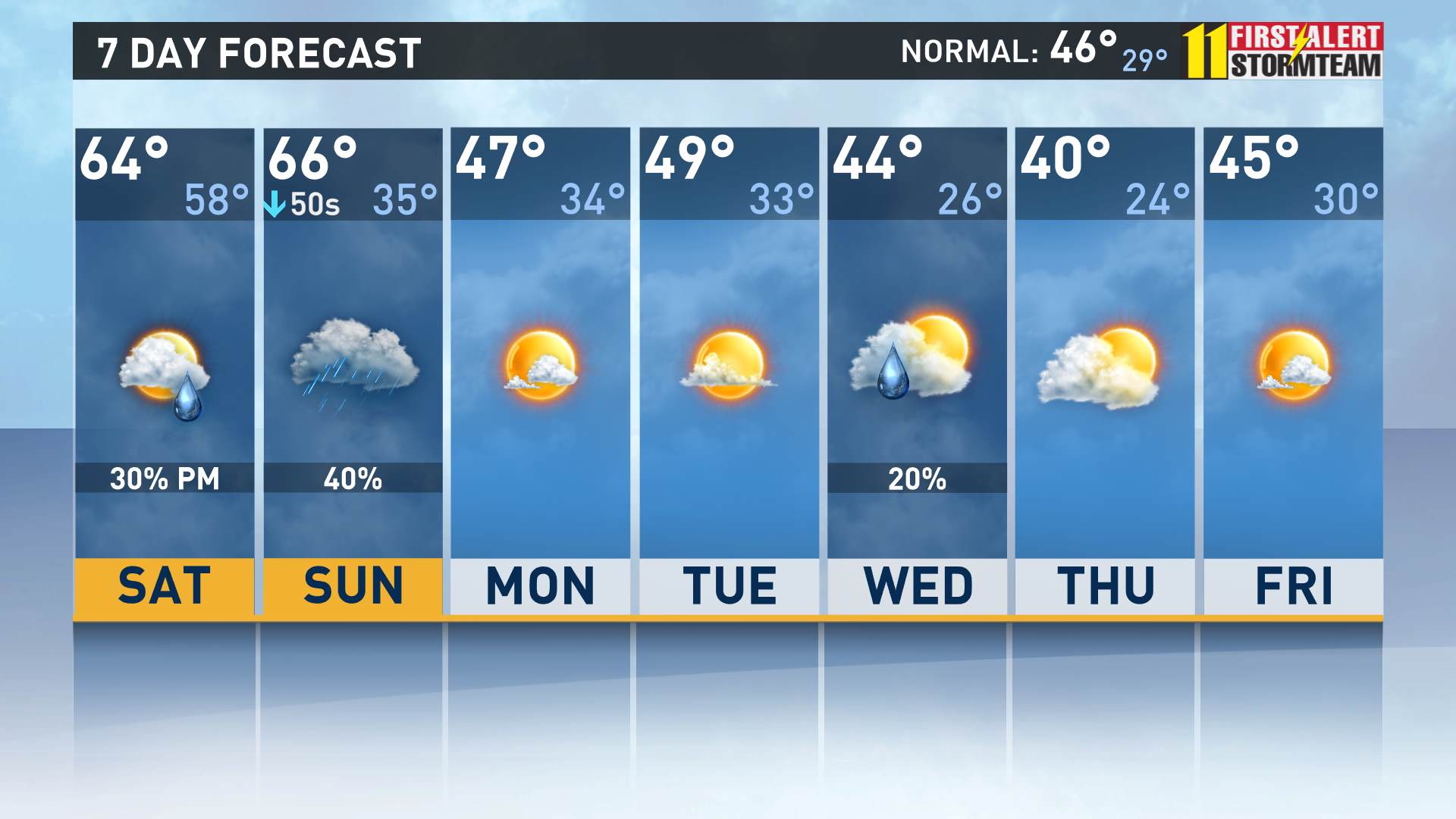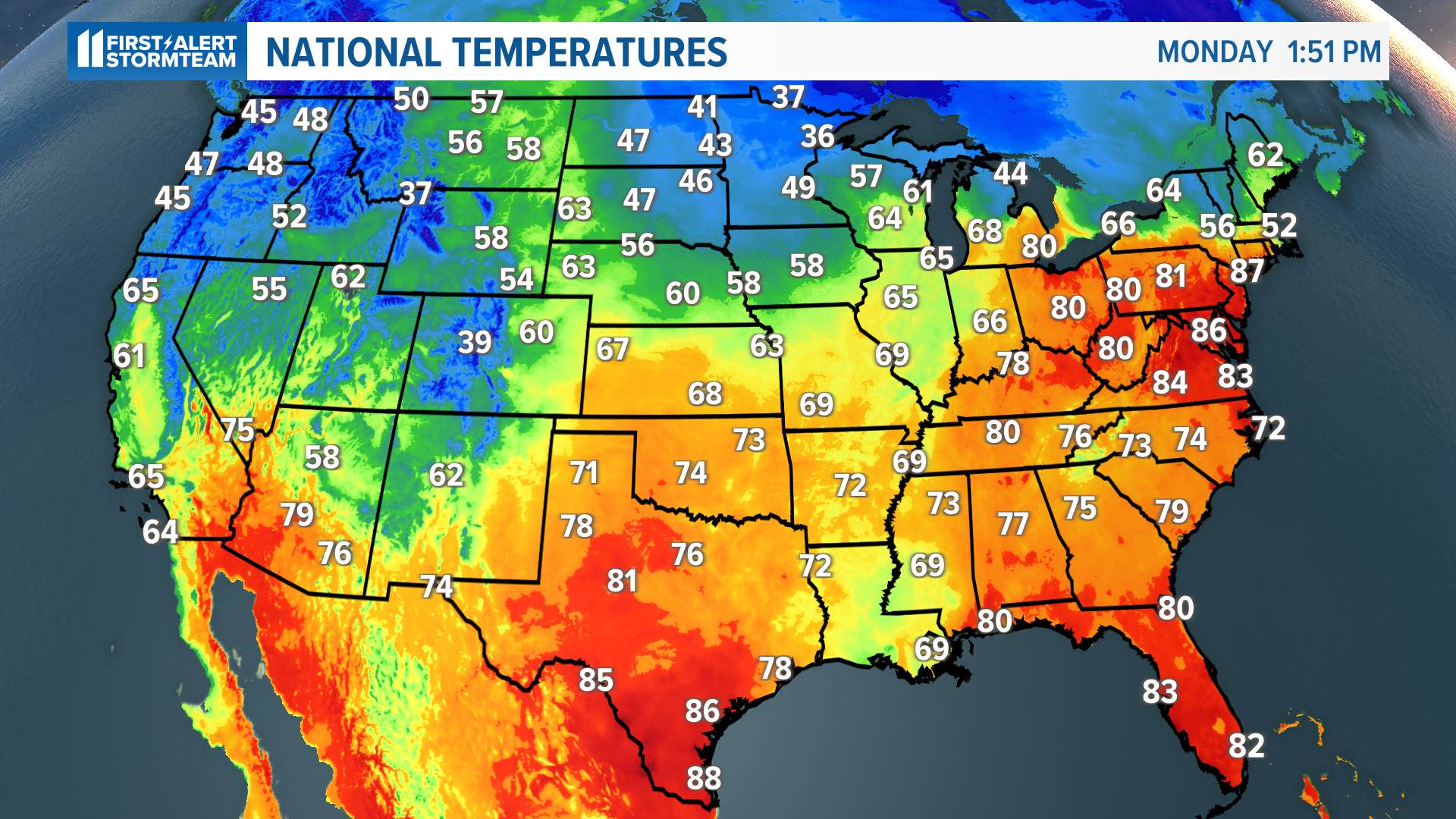Weather Patterns and Trends: Weather Louisville Ky

Louisville, Kentucky, experiences a humid subtropical climate with distinct seasonal variations.
Throughout the year, Louisville experiences moderate temperatures. The average temperature in January, the coldest month, is around 33°F (0.6°C), while the average temperature in July, the warmest month, is around 78°F (25.6°C).
Louisville receives an average of 44 inches (112 centimeters) of precipitation annually, which is fairly evenly distributed throughout the year. However, the city is prone to occasional severe thunderstorms, particularly during the spring and summer months. These storms can bring heavy rainfall, lightning, and hail.
Louisville is also located in Tornado Alley, a region of the central United States that is prone to tornadoes. While tornadoes can occur at any time of year, they are most common during the spring and fall.
Climate Change Impacts

Weather louisville ky – As the effects of climate change become increasingly evident, it is essential to examine their potential impacts on Louisville’s weather patterns. Rising temperatures, changing precipitation patterns, and extreme weather events are among the significant challenges that the city may face in the future.
Rising Temperatures
Climate change is causing a gradual increase in global temperatures, which is expected to have several implications for Louisville. Warmer temperatures can lead to longer and more intense heat waves, putting vulnerable populations at risk. Additionally, higher temperatures can contribute to increased energy consumption for cooling and exacerbate air pollution levels.
Changing Precipitation Patterns
Climate change is also altering precipitation patterns worldwide. Louisville is likely to experience more frequent and intense rainfall events, which can lead to flooding and stormwater management challenges. On the other hand, the city may also face periods of drought, affecting water availability and agricultural productivity.
Extreme Weather Events
Extreme weather events, such as hurricanes, tornadoes, and severe thunderstorms, are becoming more frequent and severe due to climate change. Louisville is vulnerable to these events, which can cause widespread damage, disrupt infrastructure, and threaten human safety.
Weather Forecasting and Impacts

Weather forecasting in Louisville, Kentucky, plays a crucial role in planning and decision-making for various sectors. The city experiences a humid subtropical climate with distinct seasons, making accurate weather predictions essential for daily life.
Forecasting methods in Louisville primarily rely on numerical weather prediction (NWP) models, which use powerful computers to solve complex equations governing atmospheric behavior. These models incorporate data from weather stations, satellites, and radar systems to generate detailed forecasts for specific locations.
Accuracy and Reliability
The accuracy and reliability of weather forecasts in Louisville vary depending on the forecast lead time. Short-term forecasts (up to 3 days) are generally more accurate than long-term forecasts (over 7 days). This is because short-term forecasts rely on more recent and detailed data, while long-term forecasts involve greater uncertainty due to the chaotic nature of atmospheric processes.
Impacts on Various Sectors, Weather louisville ky
Weather forecasts have significant impacts on numerous sectors in Louisville, including:
- Transportation: Forecasts help plan for road closures, flight delays, and public transportation adjustments during severe weather events.
- Agriculture: Farmers rely on weather forecasts to make decisions about planting, harvesting, and irrigation, as weather conditions can affect crop yields and livestock health.
- Outdoor Activities: Forecasts guide individuals in planning outdoor events, such as festivals, sporting events, and recreational activities, by providing information about potential rain, heat, or wind.
As the weather in Louisville, KY, remains unpredictable, we keep a watchful eye on the progress of tropical depression beryl. While it’s too early to say with certainty how it will affect our region, we can expect changes in the coming days.
Stay informed and prepare accordingly.
The skies over Louisville, KY can change in an instant. To stay ahead of the storm, check the storm tracker. It provides real-time updates on approaching storms, giving you ample time to prepare. Stay informed and stay safe with the storm tracker, your go-to source for weather updates in Louisville, KY.